Thai cave rescue: Psychiatrist suggests path to recovery
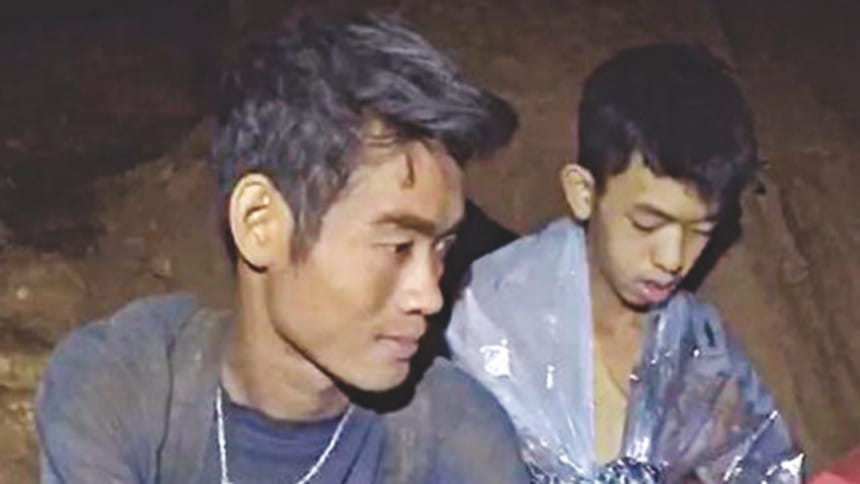
The Royal College of Psychiatrists of Thailand has offered guidelines for treating the 13 footballers after they're all rescued from the Chiang Rai cave.
Four members of the Mu Pa Academy Mae Sai football club were evacuated from the cave on Sunday and the rest were expected to follow soon. In an article published for the college, psychiatrist Ananya Sinrachatanant pointed out that the footballers were victims of an unexpected natural disaster over which they had no control. Professionals with the community's help should provide the necessary physical and mental rehabilitation, she wrote.
There were lessons to be learned from the near disaster in the interest of preventing any recurrence, she said, but attributing blame and open criticism would only cause social disunity. Ananya suggested the news media adhere to factual reporting and avoid interpretations or speculation based on personal viewpoints.
News reports should be presented in ways that benefit society, providing information about the rescuers and volunteers rather than sensationalising events, and should guard against violating anyone's privacy, Ananya said. She urged the media to let the victims be medically assessed and begin their physical and mental recovery before pursuing them to share their stories. Ananya also suggested that the youths and their coach be informed of people's reactions and responses across Thailand and around the world while they were trapped in the cave, but purely on a factual basis rather than an overly dramatised version. They should be shielded at first from critical and sensational news and social media commentary and shouldn't be repeatedly asked to give their personal accounts, which would force them to relive a traumatic experience over and over.
The rescued lads' families should have time to recuperate while being kept informed of the team's health conditions, Ananya wrote, and have assistance in their own physical and mental recovery.
Urging the boys' schools and community to give them and their families ample personal space, she warned against portraying any comfort given them as a form of reward, since that would confuse the youths.
When the rescued group is ready to talk about what they went through, it should be handled as lessons in survival and avoiding disaster, she said. And in no way should the team be scolded or expected to display gratitude – they will already feel guilty enough.
Ananya urged people to moderate their news consumption and make sure a story is accurate before sharing it, and to avoid getting overly emotional, whether negatively or positively.
The main takeaways should be in reflecting over what happened and avoiding recurrence and in teaching children how to survive in unexpected crises, to solve problems and to work as part of a team.
Copyright: The Nation/ Asia News Network

 For all latest news, follow The Daily Star's Google News channel.
For all latest news, follow The Daily Star's Google News channel. 

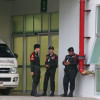
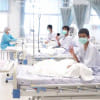
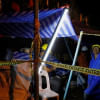
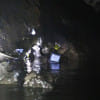
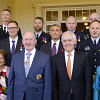

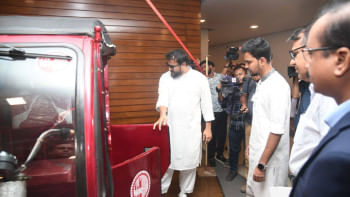
Comments